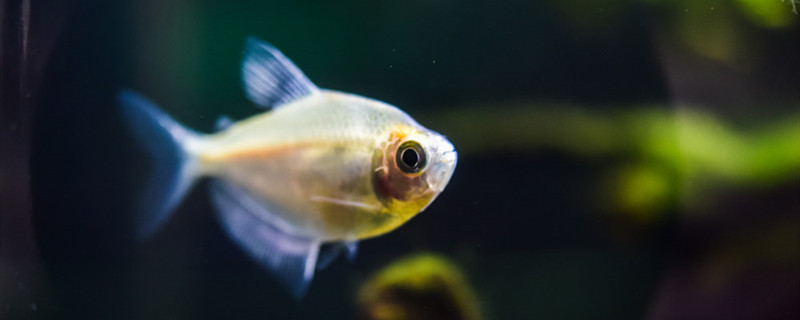
Fish will be drowned, although they can breathe in the water, but when they enter a certain depth of water, because the water pressure is too large, they can not regulate their swim bladder, so they can not float away, can only swim to deeper places, and the strong water pressure will also cause them to be unable to breathe. Causing him to drown.
1. Unable to breathe: Unlike terrestrial animals, fish do not breathe through their lungs, but through their gills. Fish gills are densely covered with gill filaments, and there are a large number of microvessels on them. When water flows through, because the direction of water flow is opposite to the direction of blood flow, efficient gas exchange can be completed and oxygen can be obtained. Once out of the water, the gill filaments stick together and can not absorb oxygen in the air, which will lead to its inability to breathe and be suffocated.
2. Pressure change: Fish live in water. The water pressure is different in different depths of water. In order to adapt to such water pressure, the liquid pressure in the cells of fish will be balanced with it. This leads to the fact that they cannot leave the water under that pressure. Otherwise, they will die because they cannot adapt to the pressure change.
3. No predation: Fish live in the water and swim by their fins, which allows them to move freely. At the same time, their special throat teeth can also handle food. After leaving the water, their own activities are greatly limited, and their ability to prey is basically lost. Therefore, even if they can live out of the water, they will starve to death because they cannot prey.